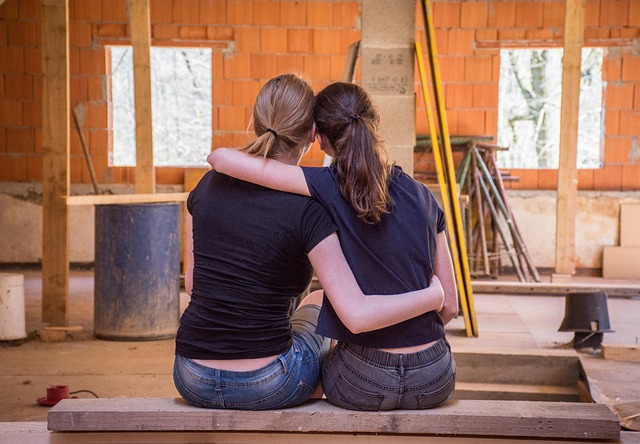
Navigating Emotions: Relationship Advice for Emotional Mediation
In the intricate tapestry of human relationships, navigating emotions can often feel overwhelming. At the heart of many conflicts lies a potent mix of miscommunication and unexpressed feelings. This is where the concept of emotional mediation becomes crucial. It’s not just about resolving conflicts; it’s about fostering empathy and understanding.
Many of us have experienced moments when our feelings seem too intense to discuss. Whether it’s frustration bubbling over after a petty argument or the sadness that comes from unmet expectations, allowing these emotions to go unaddressed often escalates conflicts. As relationships deepen, emotional stakes rise. It’s paramount to create an environment where partners can share their feelings without fear of judgment. This is the essence of emotional mediation.
So how do we implement successful emotional mediation in our relationships? Start by actively listening. When your partner speaks, don’t just hear the words; absorb the emotion behind them. This practice not only validates their feelings but also demonstrates your commitment to understanding their perspective. Empathetic listening fosters a deeper connection and diminishes feelings of isolation that often accompany emotional distress.
Another useful technique is to express your own feelings honestly yet gently. Using I” statements can be an effective way to communicate your inner experiences without placing blame. For instance, saying, “I feel neglected when we don’t spend time together” rather than “You never make time for me” invites discussion rather than defensiveness. This simple shift in language can transform a potentially explosive conversation into a constructive dialogue centered on mutual understanding.
Moreover, practice patience. Emotional mediation is not always a quick fix; sometimes it requires time to process the feelings at hand. Allow your partner the space they need to express themselves without feeling rushed. It’s through this patient engagement that you lay a strong foundation for emotional development within the relationship.
Lastly, incorporating regular check-ins can bolster emotional mediation in your relationship. Set aside time to reflect on each other’s feelings and relationship dynamics. These discussions, when approached with empathy, can preemptively address issues before they escalate into larger conflicts.
Incorporating emotional mediation into your relationship doesn’t mean you’ll never have disagreements. What it does promise is a shared language for navigating emotions, a safe space for vulnerability, and the opportunity for growth. By prioritizing empathy and communication, you can turn challenges into opportunities for deeper connection and love.

